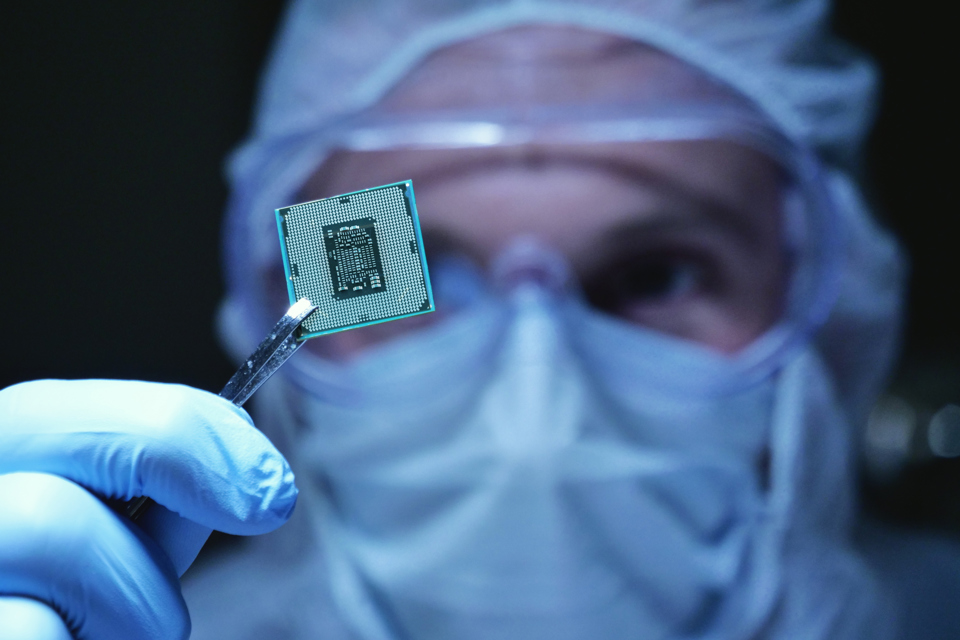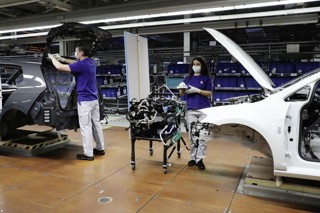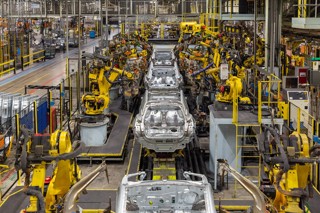The semiconductor shortage has resulted in Toyota announcing a 40% cut in worldwide production in September.
It had planned to produce almost 900,000 cars next month but has now said that will be reduced to 540,000 units.
Volkswagen has warned it may also be forced to cut output further after cutting output earlier in the year.
It told Reuters: "We currently expect supply of chips in the third quarter to be very volatile and tight. We can't rule out further changes to production."
Fleet decision-makers were warned at the start of the month that the global semiconductor shortage will have a greater impact on the automotive industry than the pandemic.
Every car- and van-maker is being impacted by the computer chip crisis, with some delivery times for cars lengthening from three to six months, and many new vans not expected to be delivered until 2022.
Almost 95% of fleets responding to a Fleet News poll said they were experiencing vehicle delays.
Vehicle production lines have been temporarily halted, focus has been shifted to high demand vehicles and some options are not being offered.
Toyota, however, had fared better other manufacturers in the face of the global semiconductor shortage. It had built a larger stockpile of chips as part of its business continuity plan, developed in the wake of the Fukushima earthquake and tsunami.
However, the resurgence of Covid-19 in Asia is putting further pressure on supply.
Earlier this month, Toyota said it was facing an unpredictable business environment due to new Covid-19 cases in some countries, the semiconductor shortage and the soaring cost of materials.

























The Engineer - 20/08/2021 13:59
Strangely, my Toyota is delayed by the lack of the right colour cow! I ordered Beige leather and its a 6 months wait, if I went for Black it would be less than 3 months. Please breed more Beige cows!